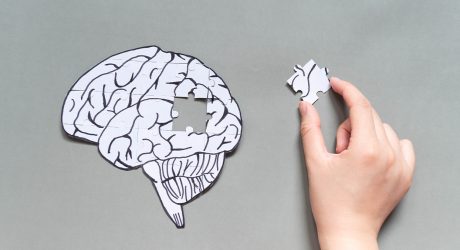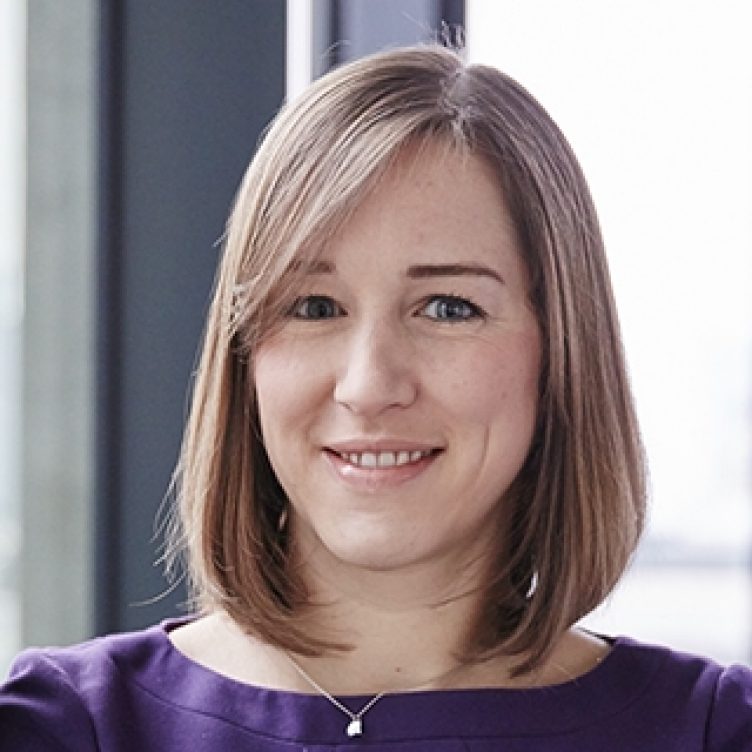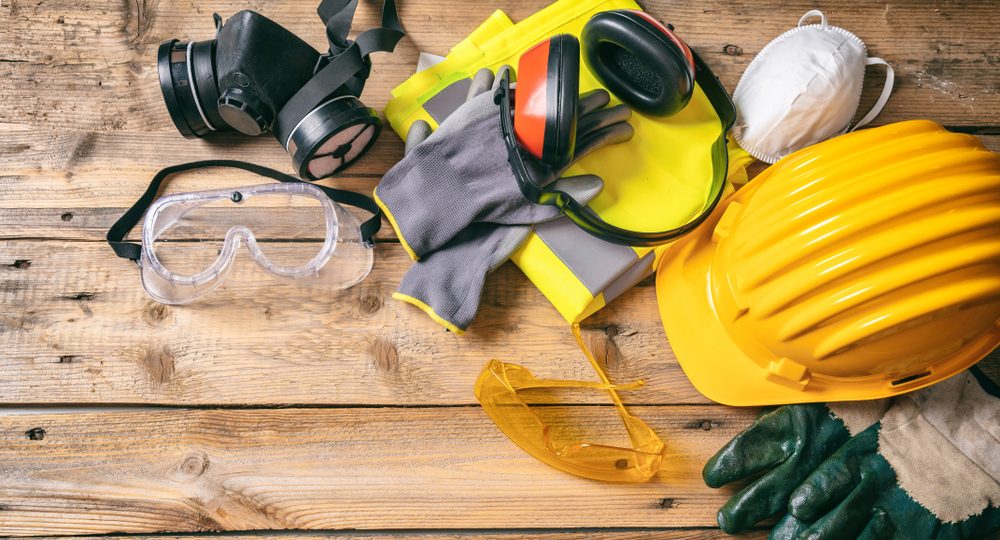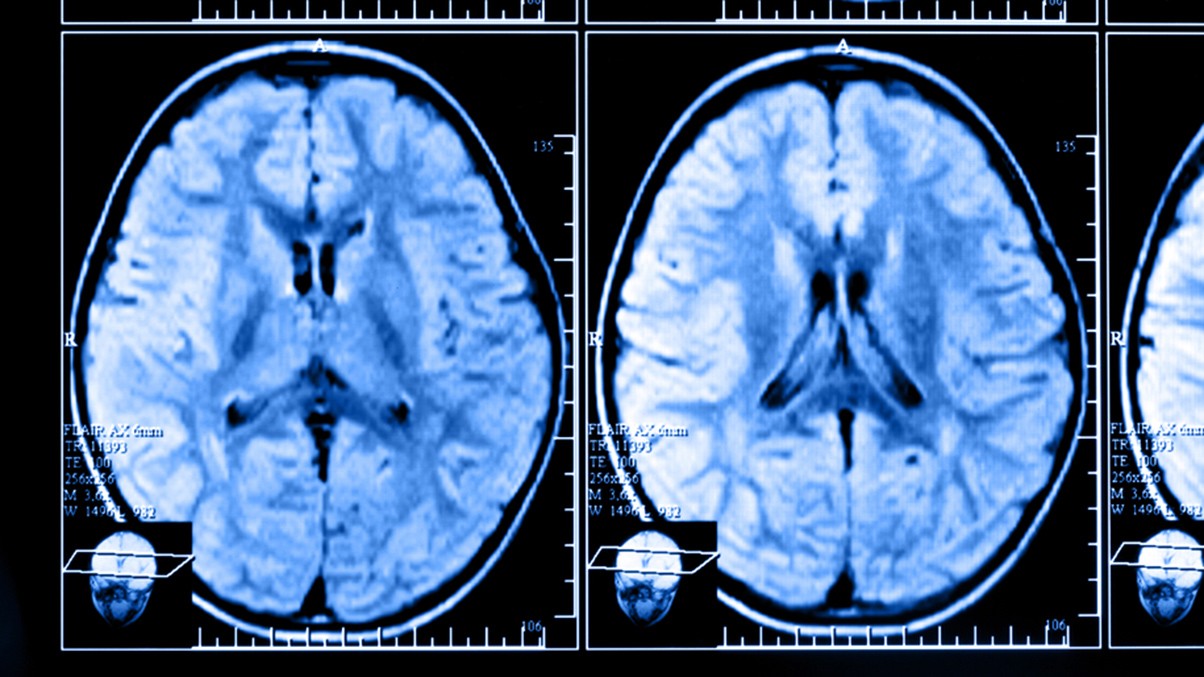A brain injury can be caused by many different events, such as a road traffic collision, assault, stroke or meningitis. Whatever the cause, it can have devastating and lifelong consequences.
This article has been published to mark Action for Brain Injury Week, and the focus this year is on a powerful statistic: every 90 seconds, someone in the UK is admitted to hospital with a brain injury.
Below we set out information and contact details for organisations that provide support, advice and practical help for people living with a brain injury and their loved ones.
Headway
Headway aims to improve life after brain injury and provides a range of informational resources. The charity has branches across the UK that offer in-person and online support. These branches provide rehabilitation programmes, carer support, social re-integration, community outreach and respite care to survivors and families.
In addition, Headway offers the following services:
- Provision of identity cards that explain the effects of someone’s injury, for example, experiencing fatigue or anxiety. The card can be used for everyday use, allowing staff or police to provide appropriate support. To receive an identity card, applications can be made online here: Identity Card Application.
- An emergency fund that provides one-off grants of up to £1,000 to families in the immediate aftermath of a brain injury. This may be granted to cover travel costs, emergency accommodation or clothing needs. More information can be found here: Emergency Fund.
- An accreditation scheme for residential care settings specialising in acquired brain injuries. This scheme can be used to research care providers and ensure that the most appropriate care setting is chosen for someone’s needs. These care providers can be found on their website here and can be searched by region: Approved Care Providers.
Get in touch
Headway’s website can be accessed here: https://www.headway.org.uk/, and they can be contacted on 0808 800 2244. Headway’s free helpline is open between 9am and 5pm, Monday to Friday, or you can email them at helpline@headway.org.uk.
SameYou
SameYou is a charity created by actor Emilia Clarke and inspired by her journey after suffering two brain haemorrhages. SameYou provides emotional and mental health recovery services essential for brain injury survivors.
SameYou has The Neuro Recovery Directory, which signposts brain injury and stroke survivors to the right neurorehabilitation services local to them. The directory can be found here: Directory. It also has a free digital resource library, including videos providing support about a range of subjects, such as returning to work, the impact on sexuality after a brain injury, and memory and executive functioning. The charity works with expert clinicians and therapists to create its resources.
SameYou’s website can be accessed here: https://www.sameyou.org/, and they can be contacted on Twitter @SameYouOrg.
Brain Injury Rehabilitation Trust (BIRT)
BIRT provides specialist residential, hospital and community-based services for individuals and delivers high-quality rehabilitation, particularly for adults with complex or challenging needs. This enables those with brain injuries to participate in life as fully as possible and enjoy as much independence as they can.
BIRT has 15 centres across England, Scotland and Wales, and these can be found here: BIRT Centres.
BIRT’s website can be accessed here: https://www.thedtgroup.org/braininjury.
The Silverlining Charity
The Silverlining Charity helps to encourage a social support network for its members with brain injuries, their family members and the wider community. Several groups across England and Wales hold events and activities, including bowling, social meals and arts groups.
Their website can be accessed here: https://www.thesilverlining.org.uk, and they can be contacted by telephone on 0203 174 2051 or by email at admin@thesilverlining.org.uk.
Brain and Spine Foundation
The Brain and Spine Foundation provides expert help and support to anyone affected by brain and spinal injuries. They offer a helpline, peer support groups and health information.
Their website can be accessed here: https://www.brainandspine.org.uk/, and they can be contacted on 0808 808 1000.
UK Acquired Brain Injury Forum
UK Acquired Brain Injury Forum (UKABIF) focuses primarily on raising awareness for acquired brain injuries by lobbying, signposting, networking and educating groups. The charity has several special interest groups, including Anchor Point, for families affected by brain injuries. UKABIF also supports research projects regarding acquired brain injuries.
Their website can be accessed here: https://ukabif.org.uk/.
Head for Change
Head for Change are pioneers for positive change for brain health in sport, and support ex-players affected by neurodegenerative disease due to their professional sporting career in football or rugby.
Head for Change has support groups, for example, Better Together, a community of rugby players affected by brain injury through playing the game who meet virtually and in person to support each other.
Their website can be accessed here: https://headforchange.org.uk/, and they can be contacted at hello@headforchange.org.uk or on Twitter @Head4Change.
Peeps HIE
Peeps HIE supports people with Hypoxic-Ischaemic Encephalopathy, a lack of oxygen and blood flow to the brain, which can cause injury to the brain. It often occurs before, during or after labour. The charity provides a range of services to support parents and families, including information on HIE, buddy/peer support, counselling and therapy, and funding for equipment.
Their website can be accessed here: https://www.peeps-hie.org/, and they can be contacted at info@peeps-hie.org.
Support for Parents and Children
There are various charities which offer to support specifically for parents and children affected by brain injuries.
Child Brain Injury Trust (CBIT)
CBIT offers emotional and practical support, for example, a counselling service, as well as information and learning opportunities for families affected by childhood-acquired brain injury across the UK.
CBIT also offers small grants of up to £125 towards a social activity for siblings and children with an acquired brain injury. This grant is to help reduce isolation and enable families to participate in social activities, such as dance lessons and family outings.
CBIT’s website can be accessed here: https://childbraininjurytrust.org.uk/, and they can be contacted on 0303 303 2248.
The Children’s Trust
The Children’s Trust offers the opportunity for children with brain injuries to live the best life possible by providing specialist rehabilitation, education and community services across the UK. The Children’s Trust offers residential rehabilitation, step-down care, short breaks, early years education and the Children’s Trust School.
Their website can be accessed here: https://www.thechildrenstrust.org.uk/, and they can be contacted on 01737 365080 or by email at childrenstrust.tctplacements@nhs.net.
Cerebra
Cerebra offers a range of free services to enrich the lives of children with brain conditions and support for their families and carers. This includes sleep advice, a toy and book library, and parent guides.
Cerebra is also involved in fundraising for and undertaking research into brain injury to improve the quality of life for children with neurodevelopmental conditions.
Their website can be accessed here: https://cerebra.org.uk/, and they can be contacted on 01267 244 200 and by email at enquiries@cerebra.org.uk.
Brainwave
Brainwave helps children with disabilities achieve greater independence by aiming to improve their mobility, communication skills and learning potential through a range of specialist therapies. This includes physiotherapy, speech and language therapy and occupational therapy.
Brainwave’s website can be accessed here: https://brainwave.org.uk/, and they can be contacted on 01278 429089 and by email at enquiries@brainwave.org.uk.
Paralegal Ellen Abrahall contributed to this article.
Subscribe – In order to receive our news straight to your inbox, subscribe here. Our newsletters are sent out once a month.





